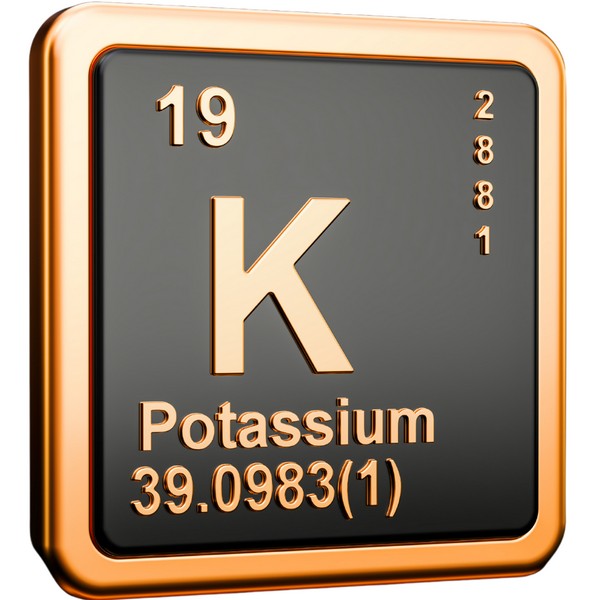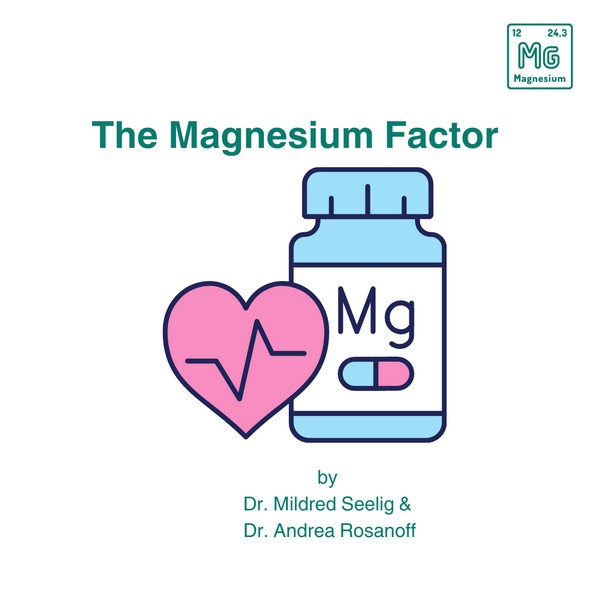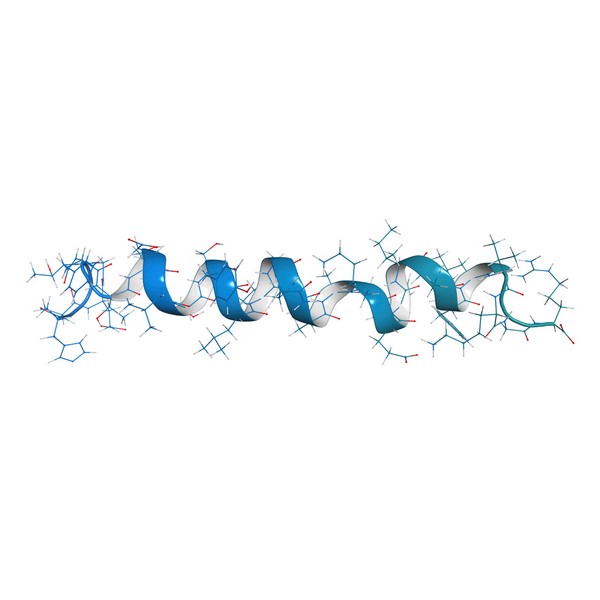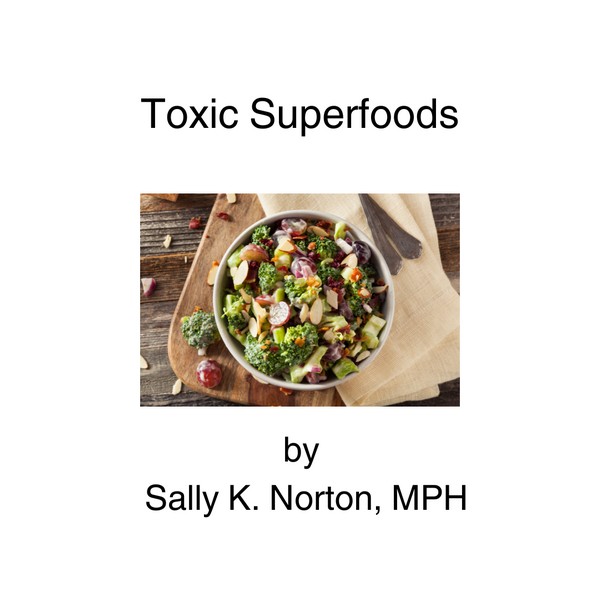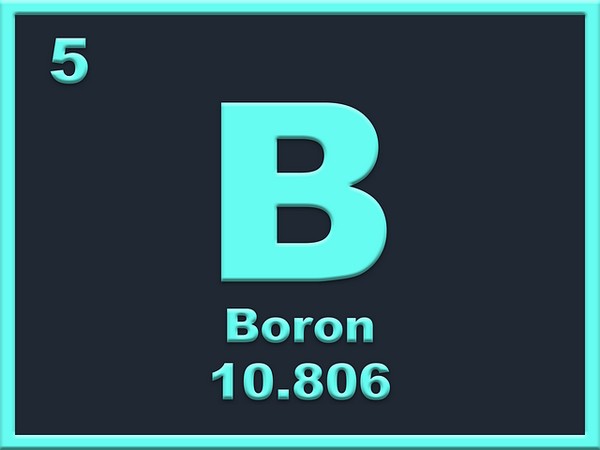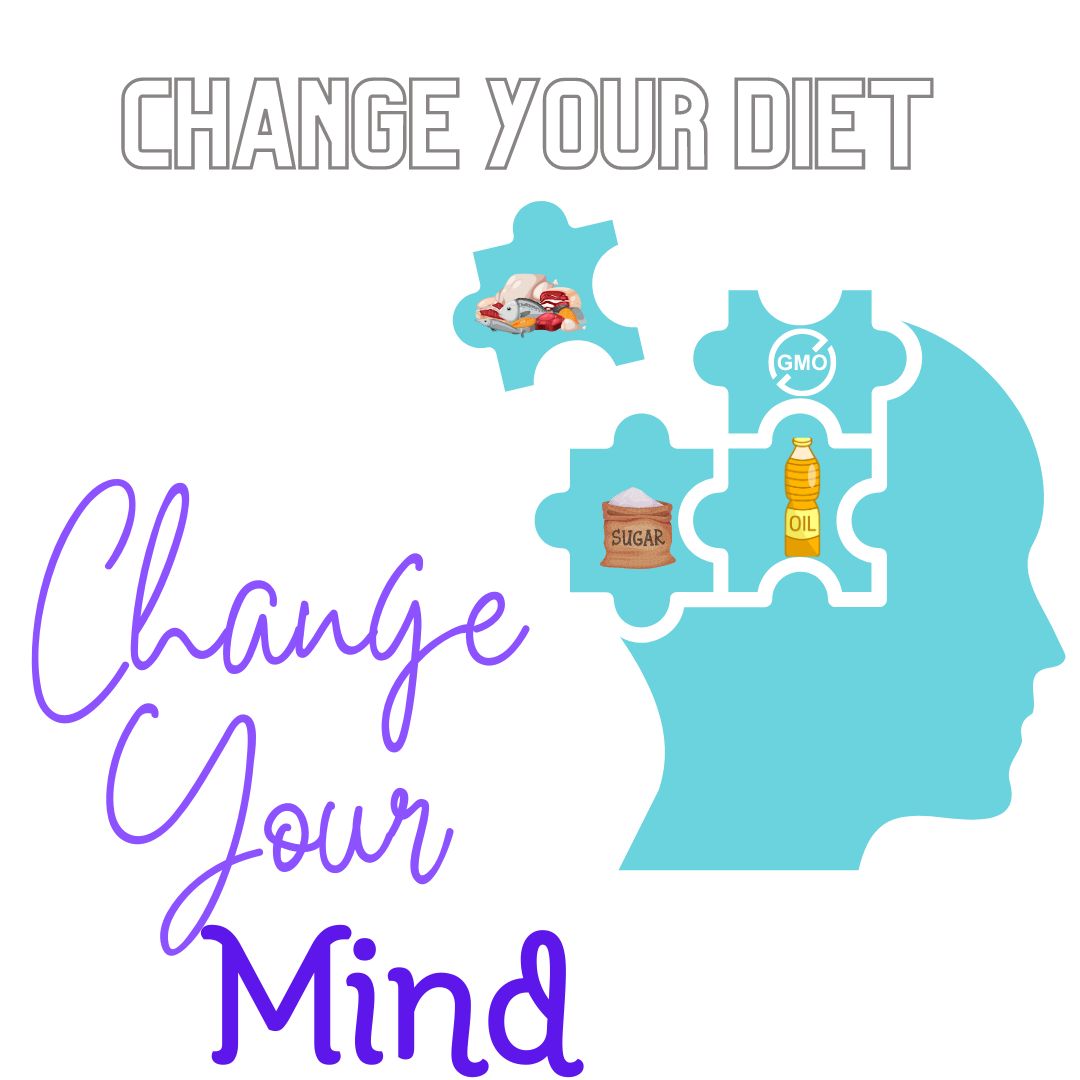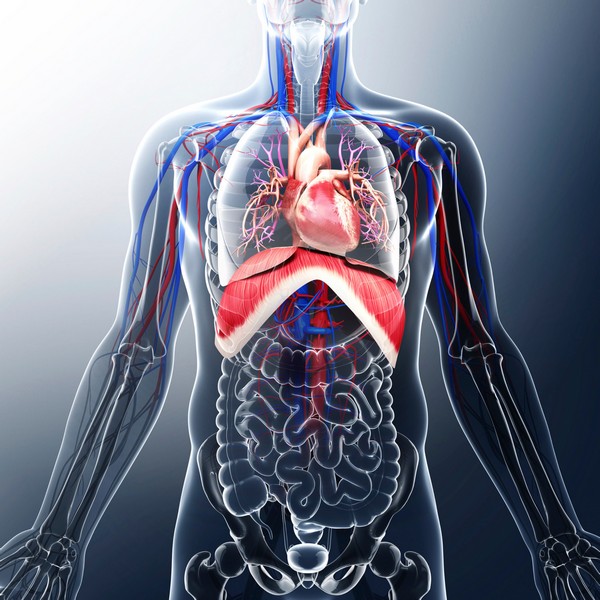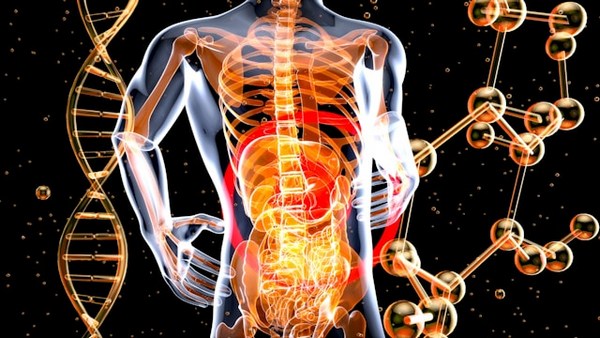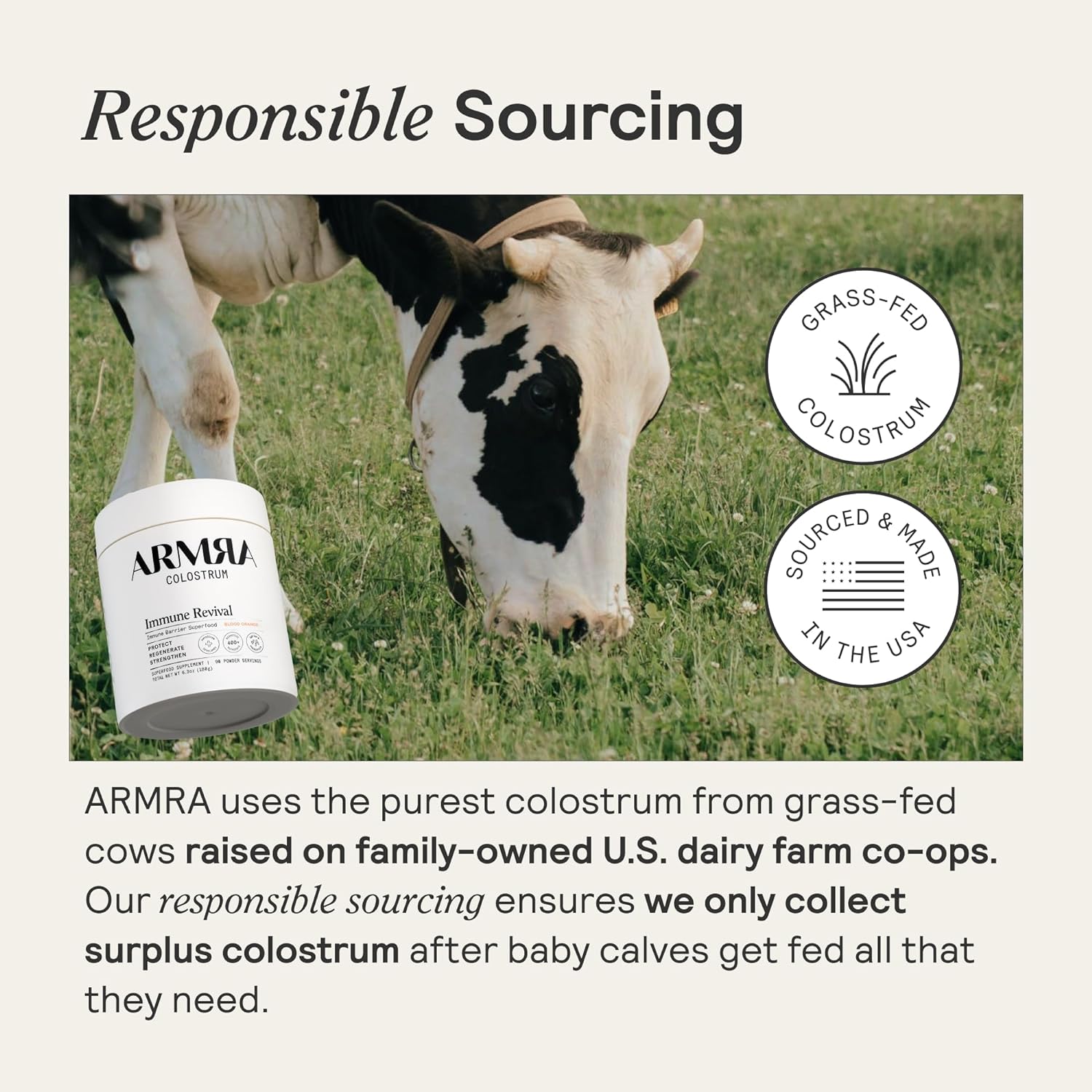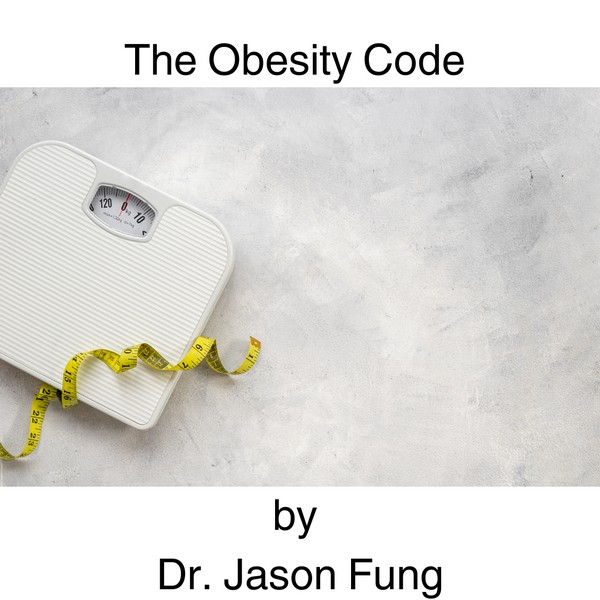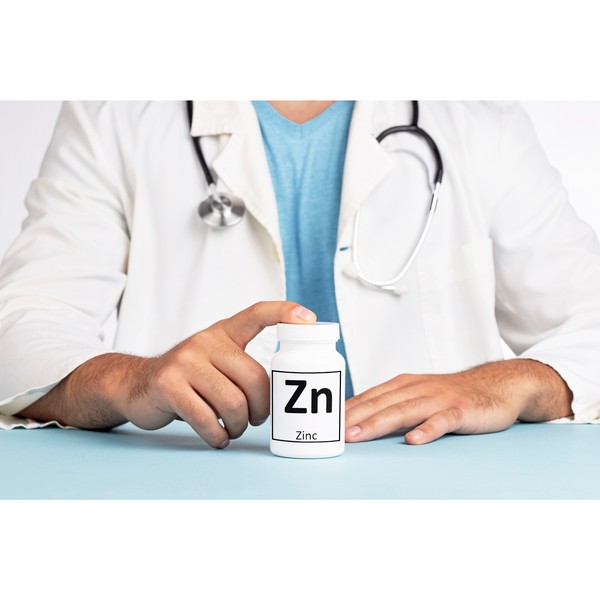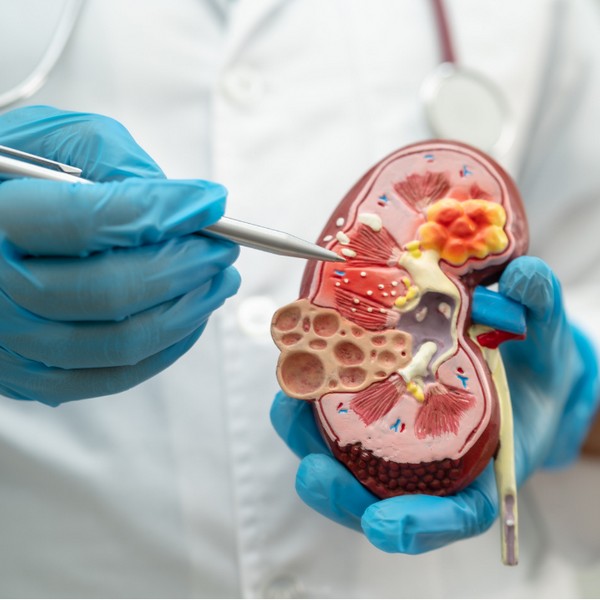Key Highlights
- Eggs are a nutritional powerhouse, containing all the essential vitamins and minerals needed for overall health.
- Vital role in a balanced diet, providing important nutrients like protein, fatty acids, and essential minerals.
- Shown to support important bodily functions, such as muscle growth, immune function, and nerve function.
- Including in your diet can also promote healthy vision, skin, and heart health.
- A nutritious and versatile food that can contribute to a balanced and healthy diet.
Table of Contents
Few foods are as versatile and nutrient-dense as eggs. They stand as miniature treasure chests, packed with a wealth of essential nutrients that contribute to overall health and well-being.
Whether scrambled, poached, or boiled, eggs have long been celebrated for their unparalleled nutritional profile and culinary versatility. Just like a treasure chest holds valuable jewels and riches, eggs are packed with an array of nutrients that contribute to overall well-being.
Understanding the Nutritional Value of Eggs
Eggs are hailed as nature’s multivitamin due to their rich nutrient profile, serving as a complete protein source with all essential amino acids crucial for muscle growth and repair. They also offer essential fatty acids like omega-3 and omega-6, vital for brain and heart health.
Additionally, eggs are packed with essential minerals such as phosphorus, selenium, and zinc, supporting bone health, acting as antioxidants, and bolstering immune function. Moreover, they contain vitamins D and E, which are essential for bone health and skin protection, respectively.
Furthermore, eggs contain antioxidants like lutein and zeaxanthin, promoting eye health by protecting against oxidative stress and UV damage. Overall, eggs provide a comprehensive array of nutrients that contribute to overall health and well-being.
The Powerhouse of Vitamins and Minerals
Eggs are packed with essential vitamins that are vital for our overall health.
| Retinol | Vitamin A is required for loading copper into ceruloplasmin and beneficial for vision health |
| Pantothenic acid | Also known as vitamin B5, which plays a key role in metabolism and energy production. |
| Riboflavin | Vitamin B2, is a powerhouse nutrient that boosts energy, promotes healthy skin and hair, protects the eyes, supports the nervous system, and may reduce migraine frequency. |
| B12 | Important for nerve function and the production of red blood cells. |
| Choline | A versatile nutrient that supports brain health, enhances memory and mood, maintains cell structure, and aids in fat metabolism and liver function. |
| Vitamin E | Acts as a potent antioxidant, defending cells from damage, nourishing skin health, and supporting heart and immune system function. |
| Lutein | Acts as an antioxidant that’s particularly important for eye health, helping to reduce the risk of age-related macular degeneration and cataracts. |
| Phosphorous | Essential for the formation of bones and teeth, it also plays a role in the body’s utilization of carbohydrates and fats, as well as the synthesis of protein for the repair, maintenance, and growth of cells and tissues. |
| Zinc | Important for immune function, wound healing, DNA synthesis, and cell division. Zinc also supports normal growth and development during pregnancy, childhood, and adolescence. |
| Vitamin D | Crucial for bone health, immune function, and mood regulation, and it aids in calcium absorption and muscle function. |
Proteins and Amino Acids: Building Blocks for Health
Proteins are the building blocks of our body and play a crucial role in various bodily functions. Eggs are an excellent source of high-quality protein, containing all the essential amino acids needed for muscle growth and repair.
Amino acids are the individual units that make up proteins, and they are essential for overall health. The amino acids in eggs provide the body with the necessary components to build and repair tissues, including muscles, organs, and skin.
They support muscle growth, improve overall health, and aid in recovery after exercise. The high-quality protein found in eggs makes them an ideal choice for athletes and individuals looking to maintain or build muscle mass.
The Role of Eggs in a Balanced Diet
A balanced diet is essential for overall health and well-being. Eggs play a crucial role in a balanced diet, providing a wide range of nutrients that support various bodily functions.
The Australian Dietary Guidelines recommend consuming a variety of healthy foods, including whole grains, fruits, vegetables, lean proteins, and dairy products. Eggs are included in this list as they are a nutrient-rich food that can contribute to a balanced diet.
Integrating Eggs into Daily Meals
- Start your day with a nutritious breakfast. Try delicious options like scrambled eggs, omelets, or boiled eggs.
- Add hard-boiled eggs to your salad for a protein boost and increased satiety.
- Incorporate eggs into your baking recipes for added protein and texture.
- Enjoy egg-based dishes like frittatas or quiches for a wholesome and filling meal.
- Snack on deviled eggs or egg salad for a protein-packed and satisfying snack option.
Including eggs in your daily meals can help support a healthy weight and contribute to a well-balanced diet in line with dietary guidelines.

Beginner’s Guide to Incorporating Eggs into Your Diet
Experiment with different cooking techniques to find your preferred way of enjoying eggs. Whether it’s scrambled, poached, or baked, there are plenty of delicious options to choose from.
Step-by-step Guide to Preparing Eggs
Cooking eggs can be as simple as boiling or as elaborate as creating an intricate omelet. Here is a step-by-step guide to preparing eggs:
Step 1: Selecting the Right Eggs
When selecting eggs, it’s important to choose the right type to ensure you’re getting the best nutritional value. Here are some considerations:
- Pasture-raised, Corn Free, Soy Free: The highest quality nutritious eggs from chickens that have ample open space to forage outdoors.
- Free-range: These eggs come from chickens that technically have some limited access to outdoor spaces and can exit the main enclosure.
- Organic eggs: Organic eggs are produced from hens that have been fed organic feed and have not been treated with antibiotics or hormones. Organic eggs may have lower levels of pesticide residues and higher nutrient content.
By selecting the right type of eggs, you can ensure that you’re getting the best nutritional value and supporting your overall health.

Step 2: Basic Techniques for Cooking Eggs
Cooking eggs using various techniques can result in different textures and flavors. Here are some basic techniques for cooking eggs:
Boiled eggs:
- Place eggs in a saucepan and cover with water.
- Bring the water to a boil, then reduce heat
- Simmer for the desired cooking time.
- Between 5 and 10 minutes fot hard-boiled eggs or soft-boiled eggs with a runny yolk.
Scrambled eggs:
- Beat eggs in a bowl and add a splash of milk or cream for added richness.
- Cook the eggs in a non-stick skillet over medium heat
- Stir gently until the eggs are cooked to your desired consistency.
Fried eggs:
- Heat a small amount of oil or butter in a skillet over medium heat.
- Crack the eggs into the skillet and cook until the whites are set and the yolks are still slightly runny.
- You can flip the eggs for over-easy or over-hard eggs, or leave them sunny-side up.
Poached eggs:
- Bring water to a gentle simmer and add a splash of vinegar.
- Crack the eggs into separate bowls and gently slide them into the simmering water.
- Cook for a few minutes until the whites are set and the yolks are still runny.
Experiment with these cooking methods to find your preferred way of enjoying eggs. Whether you prefer them boiled, scrambled, fried, or poached, there are countless delicious possibilities.

Step 3: Creative Recipes for Every Meal
Eggs are incredibly versatile and can be used in a wide range of delicious recipes. Here are some creative ideas for incorporating eggs into every meal:
Omelets: Whip up a fluffy omelet filled with your favorite vegetables, cheese, and herbs for a nutritious and satisfying breakfast or brunch.
Frittatas: Make a hearty frittata using eggs, vegetables, and cheese baked in the oven. Frittatas are a great make-ahead option for busy mornings.
Quiches: Prepare a savory quiche with a flaky crust and a custard-like filling made with eggs, cream, and various fillings like ham, cheese, and vegetables.
Egg salad: Mix boiled and mashed eggs with mayonnaise, mustard, and seasonings to create a tasty and protein-packed salad. Enjoy it on sandwiches or as a dip with crackers or vegetables.
By getting creative with your egg recipes, you can enjoy the nutritional benefits of eggs while adding variety and flavor to your meals. Eggs can contribute to healthy skin and eye health, making them a valuable addition to any diet.

Special Considerations: Dietary Restrictions and Allergies
While eggs are a nutritious and versatile food, there are some special considerations for individuals with dietary restrictions or egg allergies.
For those with dietary restrictions, such as vegetarian or vegan diets, eggs can be replaced with alternative protein sources like tofu, legumes, or plant-based protein powders.
Individuals with egg allergies can explore other sources of essential nutrients found in eggs, such as lean meats, fish, dairy products, and plant-based proteins.
It’s important to ensure that you’re meeting your nutrient needs while accommodating any dietary restrictions or allergies you may have.
Addressing Concerns: Eggs and Cholesterol Levels
There has been a long-standing concern about the cholesterol content of eggs and its potential impact on heart health. While eggs do contain cholesterol, research has shown that dietary cholesterol from eggs has minimal impact on blood cholesterol levels for the majority of people.
Healthcare professionals now understand that saturated and trans fats have a much greater impact on blood cholesterol levels than dietary cholesterol. In fact, the latest research suggests that eggs can be part of a heart-healthy diet.
It’s important to note that individuals with specific health conditions, like familial hypercholesterolemia, may need to limit their egg consumption. It’s always best to consult with a healthcare professional for personalized dietary recommendations.
While eggs contain cholesterol, research suggests that dietary cholesterol from eggs has minimal impact on blood cholesterol levels for most people. It’s important to follow dietary guidelines, consult with healthcare professionals, and consider individual health conditions when incorporating eggs into a balanced diet.
Identifying and Managing Egg Allergies
Some individuals may have egg allergies, which can cause adverse reactions when eggs are consumed. Egg allergies are more common in children but can also affect adults.
Egg allergies occur when the immune system mistakenly identifies proteins in eggs as harmful substances. This triggers an allergic reaction, which can range from mild symptoms like hives or stomach discomfort to severe symptoms like difficulty breathing or anaphylaxis.
If you suspect an egg allergy, it’s important to consult with a healthcare provider for proper diagnosis and management. They can recommend alternative sources of essential nutrients and guide you on how to avoid eggs and manage allergic reactions.
Alternatives to Eggs for Restricted Diets
For individuals with dietary restrictions that exclude eggs, there are several alternative sources of essential nutrients that can be incorporated into their diets. Some options include:
- Fatty fish: Fish like salmon, mackerel, and sardines are excellent sources of omega-3 fatty acids, which are beneficial for heart and brain health.
- Dairy products: Milk, cheese, and yogurt are rich sources of protein and calcium, which are important for bone health.
By exploring these dietary alternatives, individuals with restricted diets can still obtain the essential nutrients found in eggs.

Conclusion
Eggs are a nutritional powerhouse packed with essential vitamins, minerals, and proteins vital for a balanced diet. Don’t let myths about cholesterol deter you from incorporating eggs into your daily meals. With their versatile nature, eggs can be prepared in numerous creative ways to suit every palate. Whether you are looking to build muscle or support overall health, eggs can be a valuable addition to your diet. Be mindful of any dietary restrictions or allergies and explore suitable alternatives. Embrace the versatility and richness of eggs to elevate your culinary experience and nutritional intake.
Frequently Asked Questions
Can eating eggs daily improve my health?
Eating eggs daily can contribute to improved overall health, especially when consumed as part of a balanced diet. However, individual nutritional needs may vary, and it’s always best to consult with a healthcare professional for personalized dietary recommendations.
What are the benefits of egg yolk vs. egg white?
Both egg yolks and egg whites provide nutritional benefits. Egg yolks contain essential fatty acids and vitamins like vitamin A and vitamin E, while egg whites are low in calories and cholesterol. Including both parts of the egg can provide a balanced nutritional profile.
Are organic or free-range eggs nutritionally different?
Organic and free-range eggs may have slightly different nutritional profiles compared to conventional eggs. Recent research suggests that they may have higher levels of certain nutrients like omega-3 fatty acids and vitamin E. However, more studies are needed to fully understand the nutritional differences.
What makes eggs a healthy food?
Eggs are considered a healthy food because they are packed with a variety of essential nutrients. They are a great source of high-quality protein, vitamins (such as B12 and D), minerals (such as iron and selenium), and choline, which supports brain function.
Do eggs raise cholesterol levels?
Contrary to previous beliefs, research has shown that the cholesterol in eggs does not significantly raise blood cholesterol levels for most people. In fact, eggs can increase levels of “good” cholesterol, which helps remove “bad” cholesterol from the bloodstream.
How should I include eggs in my diet to maximize health benefits?
To maximize the health benefits of eggs, you can enjoy them in various ways. You can incorporate them into your breakfast by having scrambled or boiled eggs. You can also include eggs in your salads, sandwiches, or as a side dish. Remember to prioritize a balanced and varied diet to fully benefit from the nutrients provided by eggs.
Research
Bidulescu A, Chambless LE, Siega-Riz AM, Zeisel SH, Heiss G. Usual choline and betaine dietary intake and incident coronary heart disease: the Atherosclerosis Risk in Communities (ARIC) study. BMC Cardiovasc Disord 2007;7:20.
https://pubmed.ncbi.nlm.nih.gov/17629908/
Dalmeijer GW, Olthof MR, Verhoef P, Bots ML, van der Schouw YT. Prospective study on dietary intakes of folate, betaine, and choline and cardiovascular disease risk in women. Eur J Clin Nutr 2008;62:386-94.
https://pubmed.ncbi.nlm.nih.gov/17375117/
Finelli C, Tarantino G. Non-alcoholic fatty liver disease, diet and gut microbiota. Excli j 2014;13:461-90.
https://www.ncbi.nlm.nih.gov/pmc/articles/PMC4464355/
Higgins JP, Flicker L. Lecithin for dementia and cognitive impairment. Cochrane Database Syst Rev 2003:CD001015.
https://pubmed.ncbi.nlm.nih.gov/12917896/
Holm PI, Ueland PM, Kvalheim G, Lien EA. Determination of choline, betaine, and dimethylglycine in plasma by a high-throughput method based on normal-phase chromatography-tandem mass spectrometry. Clin Chem 2003;49:286-94.
https://pubmed.ncbi.nlm.nih.gov/12560353/
Institute of Medicine. Food and Nutrition Board. Dietary Reference Intakes: Thiamin, Riboflavin, Niacin, Vitamin B6, Folate, Vitamin B12, Pantothenic Acid, Biotin, and Choline. Washington, DC: National Academy Press; 1998.
https://www.ncbi.nlm.nih.gov/books/NBK114310/
Pourafshar S , Akhavan NS , George KS , Foley EM , Johnson SA , Keshavarz B , Navaei N , Davoudi A , Clark EA , Arjmandi BH . Egg consumption may improve factors associated with glycemic control and insulin sensitivity in adults with pre- and type II diabetes. Food Funct. 2018 Aug 15;9(8):4469-4479. doi: 10.1039/c8fo00194d. PMID: 30073224.
https://pubmed.ncbi.nlm.nih.gov/30073224/
Réhault-Godbert, S., Guyot, N. and Nys, Y., 2019. The golden egg: nutritional value, bioactivities, and emerging benefits for human health. Nutrients, 11(3), p.684.
Ruxton, C.H.S., Derbyshire, E. and Gibson, S., 2010. The nutritional properties and health benefits of eggs. Nutrition & Food Science, 40(3), pp.263-279.
Sanders LM, Zeisel SH. Choline: Dietary Requirements and Role in Brain Development. Nutr Today 2007;42:181-6.
Sentongo TA, Kumar P, Karza K, Keys L, Iyer K, Buchman AL. Whole-blood-free choline and choline metabolites in infants who require chronic parenteral nutrition therapy. J Pediatr Gastroenterol Nutr 2010;50:194-9.
Seuss-Baum, I. and Nau, F., 2011. The nutritional quality of eggs. In Improving the safety and quality of eggs and egg products (pp. 201-236). Woodhead Publishing.
U.S. Department of Agriculture, Agricultural Research Service. FoodData Central, 2019.
U.S. Department of Agriculture, Agricultural Research Service. Nutrient Intakes from Food and Beverages: Mean Amounts Consumed per Individual, by Gender and Age, What We Eat in America, NHANES 2013-2014. 2016.
U.S. Food and Drug Administration. Food Labeling: Revision of the Nutrition and Supplement Facts Labels. 2016.
Vanek VW, Borum P, Buchman A, Fessler TA, Howard L, Jeejeebhoy K, et al. A.S.P.E.N. position paper: recommendations for changes in commercially available parenteral multivitamin and multi-trace element products. Nutr Clin Pract 2012;27:440-91.
Veena J, Muragundla A, Sidgiddi S, Subramaniam S. Non-alcoholic fatty liver disease: need for a balanced nutritional source. Br J Nutr 2014;112:1858-72.
Wu BT, Dyer RA, King DJ, Richardson KJ, Innis SM. Early second trimester maternal plasma choline and betaine are related to measures of early cognitive development in term infants. PLoS One 2012;7:e43448.
Wu BT, Innis SM, Mulder KA, Dyer RA, King DJ. Low plasma vitamin B-12 is associated with a lower pregnancy-associated rise in plasma free choline in Canadian pregnant women and lower postnatal growth rates in their male infants. Am J Clin Nutr 2013;98:1209-17.
Yang, E.J., Lee, Y.E. and Moon, H.K., 2014. Nutritional roles and health effects of eggs. Journal of Nutrition and Health, 47(6), pp.385-393.
Yu D, Shu XO, Xiang YB, Li H, Yang G, Gao YT, et al. Higher dietary choline intake is associated with lower risk of nonalcoholic fatty liver in normal-weight Chinese women. J Nutr 2014;144:2034-40.
Zheng Y, Li Y, Rimm EB, Hu FB, Albert CM, Rexrode KM, et al. Dietary phosphatidylcholine and risk of all-cause and cardiovascular-specific mortality among US women and men. Am J Clin Nutr 2016;104:173-80.
Zeisel, S.H., 2000. Choline: an essential nutrient for humans. Nutrition, 16(7-8), pp.669-671.
Do Artificial Sweeteners Cause Weight Gain? The Surprising Truth
Key Takeaways – Artificial sweeteners may disrupt gut microbiome balance, impacting digestion and immune health. – These sweeteners can interfere with natural metabolism, leading to…
The Better Baby Book by Dr. Lana Asprey and Dave Asprey
Key Takeaways Focuses on optimal prenatal and early childhood health. Offers dietary recommendations for expecting mothers. Discusses environmental impacts on fetal development. Stresses importance of…
How Cod Liver Oil Can Transform Your Health and Wellness
Cod liver oil has been used for centuries as a natural remedy for various health conditions. Packed with essential nutrients and fatty acids, cod liver…
7 Simple Tips for Lowering Blood Pressure Naturally
Maintaining healthy blood pressure levels is essential for overall well-being, as high blood pressure can lead to serious health complications. However, it is possible to…
Potassium: Benefits & Sources
Key Takeaways Potassium is essential for regulating fluid balance, nerve signals, and muscle function. It supports heart health and helps maintain proper blood pressure. Adequate…
Melatonin: Functions and Benefits
Key Takeaways Melatonin helps regulate sleep-wake cycles, signaling the body to rest as it gets dark. It acts as an antioxidant, protecting cells from damage….
What is the Best Nutrition for Pregnancy?
Key Takeaways Eating wisely during pregnancy impacts maternal and fetal health. Prioritize foods with a high bioavailability of nutrients. Essential fatty acids support brain and…
How to Lower Triglycerides Fast: Natural Solutions
Key Highlights Triglycerides, a type of fat found in the blood, are essential indicators of metabolic health. Elevated triglyceride levels increase the risk of heart…
Lies I Taught in Medical School by Dr Robert Lufkin
Key Takeaways Metabolic dysfunction is a common cause of many chronic diseases. Conventional medical advice often overlooks the importance of metabolic health. Lifestyle changes, including…
Oxidative Stress: Causes, Effects, Solutions
Key Takeaways Oxidative stress results from an imbalance between free radicals and antioxidants in the body, leading to cellular damage. Chronic oxidative stress contributes to…
ALA vs. DHA & EPA Omega-3: Why Source Matters
Key Takeaways ALA (Alpha-Linolenic Acid) is found in flaxseeds, chia seeds, and walnuts, but converts poorly to DHA and EPA. DHA and EPA are critical…
The Magnesium Factor by Dr. Mildred Seelig & Dr. Andrea Rosanoff
Key Takeaways Explores magnesium’s role in cardiovascular health. Discusses interaction between magnesium and other minerals. Highlights symptoms of magnesium deficiency. Offers dietary advice for magnesium…
Creatine Myths Debunked: Separating Fact from Fiction
Key Takeaways Common myths about creatine, such as it causing kidney damage, weight gain, and being a steroid, are widespread but unsupported by scientific evidence….
Dementia: Causes, Symptoms, and Management
Key Takeaways: Dementia involves a decline in cognitive function affecting memory, thinking, and daily life. Common causes include genetic factors, aging, and certain medical conditions….
Dialysis: Benefits & Challenges
Key Takeaways Dialysis removes waste and excess fluid from the blood when kidneys cannot function. Two main types: hemodialysis (machine-based) and peritoneal dialysis (abdomen-based). Dialysis…
Atherosclerosis Prevention Strategies: Insights from Scientific Research
Key Takeaways Atherosclerosis is the hardening and narrowing of arteries caused by plaque buildup. Chronic inflammation and oxidative stress contribute to the development of plaque….
Increase GLP-1 Agonists Naturally
Calcium Supplements: What You Need to Know
Key Takeaways Calcium supplements have been linked to heart disease and kidney stones. Excess calcium from supplements can lead to imbalances and health issues. Natural…
High Homocysteine: How to Manage Levels
Key Takeaways: Elevated homocysteine can raise the risk of heart disease and other health problems. Animal-based foods high in B vitamins help reduce homocysteine levels….
L-Glutamine and Gut Health: Benefits and Side Effects
Key Takeaways L-Glutamine is essential for gut health. Benefits include improved digestion and reduced inflammation. Potential side effects are rare but can occur in high…
Toxic Superfoods by Sally K. Norton
Key Takeaways Understanding Oxalates: Sources: Found in many plant foods, including spinach, almonds, and sweet potatoes. Health Impact: High oxalate intake can lead to kidney…
Alzheimer’s Disease: Symptoms, Causes, Treatment
Key Takeaways Alzheimer’s disease is a progressive neurodegenerative disorder affecting memory, thinking, and behavior. Oxidative stress, including from excess iron, plays a significant role in…
Pollinator Friendly Gardens: Attract Butterflies & Bees
Key Takeaways Pollinators like butterflies and bees are essential for healthy gardens and ecosystems. A pollinator-friendly garden includes a variety of native plants that provide…
Boron: Benefits of a Lesser-Known Mineral
Key Takeaways Boron is a trace mineral with significant health benefits. It supports brain function, bone health, and hormonal balance. Understanding boron’s role can improve…
How Stabilized Rice Bran Supports Digestive & Heart Health
Key Takeaways – Stabilized rice bran is a nutrient-rich source of vitamins, minerals, and antioxidants. – The stabilization process prevents rancidity, making it a long-lasting…
Emotional Freedom Technique (EFT): Tap to relieve stress
Key Highlights Learn about the origins and principles of Emotional Freedom Technique (EFT) for stress relief. Understand the science-backed mechanisms of how EFT works on…
Real Food for Pregnancy by Lily Nichols
Key Takeaways Evidence-Based Guidance: Challenges outdated prenatal nutrition with researched alternatives. Nutrient-Dense Foods: Stresses eating foods high in essential micronutrients for fetal development. Practical Meal…
Gardening at Longmeadow by Monty Don
Key Takeaways Emphasizes organic, seasonal gardening techniques. Offers practical advice for different garden sizes. Rich in personal gardening anecdotes. Highlights importance of plant positioning. Focuses…
Natural Remedies for Common Ailments: From Headaches to Allergies
Key Takeaways The appeal of natural remedies lies in their holistic approach, fewer side effects, and environmental sustainability. Specific natural remedies can effectively alleviate common…
Paws and Reflect: The Healing Power of Pet Companionship
Key Highlights Pet companionship improves mental health by offering emotional support and unconditional love. Caring for a pet promotes physical health through regular exercise and…
Sugar Shift: Transform Your Gut Health
7 Key Hormones for Fat Burning
Key Takeaways: Hormones play a key role in regulating fat mobilization and utilization in the body. Important hormones involved include insulin, glucagon, epinephrine, norepinephrine, cortisol,…
Fluoride: Risks & Controversies
Key Takeaways Fluoride is widely used in dental products and water supplies, but its safety is debated. Overexposure to fluoride can lead to conditions like…
Birth Plan Guide: Planning Your Birth Experience
Key Takeaways A birth plan outlines your preferences for labor, delivery, and postpartum care. It helps communicate your wishes to your healthcare team. Flexibility is…
Alcohol and Its Effects
Key Takeaways Alcohol is metabolized primarily in the liver, producing acetaldehyde, a toxic byproduct. Chronic alcohol consumption leads to liver damage, including fatty liver, hepatitis,…
Change Your Diet, Change Your Mind by Dr. Georgia Ede
In the compelling book Change Your Diet, Change Your Mind, Dr. Georgia Ede challenges conventional wisdom about diet and mental health. Drawing on her extensive…
Coping with Pet Allergies: Tips & Advice
Key Highlights Pet allergies often cause sneezing, coughing, itchy eyes, and skin rash. Pet allergens are in the saliva, urine, and dander of furry animals….
Homeostasis: The Key to Optimal Health and Functioning
Key Takeaways Homeostasis helps the body stay balanced for good health. Systems adjust constantly to changes in the environment. Disruptions in homeostasis can cause illness…
The Impact of Ultra-Processed Foods on Your Wellbeing
Every bite we take is a step toward either wellness or illness. In our fast-paced world, ultra-processed foods have become a staple, silently shaping our…
Ceruloplasmin: The Master Antioxidant
Key Takeaways: Ceruloplasmin is a copper-containing enzyme essential for iron metabolism and preventing oxidative stress. It helps transport iron safely, preventing iron overload in tissues…
10 Must-Try Dry Skin Remedies
Key Highlights Aloe vera gel, coconut oil, oatmeal baths can moisturize and nourish dry skin. Olive oil, almond oil, and shea butter are excellent options…
Osteoarthritis Symptoms & Home Remedies
Key Takeaways Lifestyle adjustments and alternative therapies contribute to overall symptom management. Low-impact exercises and physical activity help maintain mobility and reduce pain. Heat and…
Explore the Hidden Health Benefits of Traveling
Key Highlights Traveling reduces stress and improves mental well-being. It enhances creativity by exposing you to new experiences. Traveling improves physical fitness through exploration and…
Whole Food Vitamin C Complex: Expert Tips for Health
Key Highlights Whole food vitamin C complex is essential for a strong immune system and overall health. Unlike synthetic ascorbic acid, whole food vitamin C…
Liver: 5 Surprising Benefits Backed by Science
Hold on! Don’t run away! You need to read this. Liver is a highly nutritious organ meat that is often overlooked in modern diets. Packed…
Taurine: The Mighty Amino Acid for Optimal Health
Key Takeaways Taurine supports heart health, regulates blood pressure, and reduces oxidative stress. Essential for muscle function, brain health, and cognitive function. Aids in insulin…
Triglycerides: Levels & Range Explained
Key Highlights Triglycerides are the most common form of fat in the body play a role in energy storage High levels of triglycerides can increase…
Histamine: What You Should Know
Key Takeaways Histamine’s Role: Vital in immune responses, digestion, and as a neurotransmitter in the central nervous system. Histamine Production: Produced in mast cells and…
Allergy-Friendly Pets
Key Highlights Hypoallergenic pets are great for people with pet allergies, as they produce fewer allergens like dander, saliva, and proteins that can trigger symptoms….
Grains & Legumes Secretly Harming Your Health? Find Out Now!
Key Takeaways: – Grains and legumes contain antinutrients like lectins and phytic acid, which can interfere with nutrient absorption. – These foods may trigger digestive…
How To Optimize Your Weight Loss Efforts
1. Get Your Beauty Sleep for Optimal Weight Loss2. Natural Solutions for Weight Loss3. Stress Relief Strategies for Weight Loss4. Maximize Your Weight Loss with…
What You Need to Know About Salt and Your Health
Table of ContentsThe Health Benefits of Unrefined Sea SaltElectrolyte BalanceMineral ContentImproved HydrationBoosted Energy LevelsImmune SupportImproved DigestionBalanced pH LevelsReduced Water RetentionHeart Health SupportStronger Bones and TeethEnhanced…
Travel Hygiene Tips: Stay Fresh on the Go
Key Highlights Key practices include frequent handwashing, showering, and oral care. Packing a portable hygiene kit can help you stay fresh on the go. Advanced…
Silica: for Healthier Skin, Hair, and Nails
Gout: Symptoms & Natural Treatment
Key Takeaways Gout results from the accumulation of uric acid crystals in the joints, causing severe pain and inflammation. High uric acid levels are often…
SIBO Bloating: Causes, Diet, & Management Tips
Key Takeaways SIBO disrupts gut bacteria balance, causing bloating, pain, and nutrient absorption issues. Symptoms include bloating, abdominal pain, diarrhea, constipation, weight loss, and fatigue….
8 Key Signs of Nutrient Deficiency
Key Takeaways Magnesium: A multitasker that aids in over 300 biochemical reactions in the body. Copper: Supports neurological function, cardiovascular and immune system health, iron…
Autism: Causes, Symptoms, and Management
Key Takeaways Autism Spectrum Disorder (ASD) is a complex neurodevelopmental condition that varies widely in symptoms and severity. Both genetic and environmental factors contribute to…
The Bulletproof Diet by Dave Asprey
The Bulletproof Diet is a nutrition and lifestyle book authored by Dave Asprey, the founder of the Bulletproof brand. This book outlines Asprey’s approach to…
Born a Crime by Trevor Noah
Key Takeaways Trevor Noah’s biracial identity in apartheid South Africa was illegal, making his existence a crime. The book highlights the significant influence of Noah’s…
Anxiety: Causes, Symptoms, and Management
Key Takeaways: Anxiety can disrupt daily life when it becomes overwhelming. Common symptoms include restlessness, rapid heartbeat, and difficulty concentrating. Causes include stress, genetics, and…
Natural Skin Care Routine: Quick Start Guide
Key Takeaways A natural skin care routine uses ingredients without harmful chemicals. Cleansing, exfoliating, and moisturizing are the core steps. Natural oils and plant-based products…
Pre-Eclampsia: Causes, Symptoms, and Treatment
Key Takeaways Pre-eclampsia involves high blood pressure and organ damage after 20 weeks of pregnancy. Early diagnosis through regular prenatal care is vital for managing…
Do This! The Ultimate Guide to Fasting Safely and Effectively
In our increasingly busy lives, finding time to take care of our bodies can often take a backseat. One method that has gained attention recently…
Cholesterol Misconceptions: Separating Fact from Fiction
Key Takeaways: High inflammation and blood pressure are major risk factors for heart disease. Cholesterol is vital for hormone production, cell membrane structure, and digestion,…
Natural Treatment for Irritable Bowel Syndrome (IBS): Effective Remedies Explored
Understanding IBSSymptoms of IBSRole of Diet in IBSNatural Remedies for IBSSupplements for IBSRole of Probiotics in IBSFrequently Asked Questions Understanding IBS Irritable Bowel Syndrome (IBS)…
Breast Milk or Formula: Which Is Healthier for Your Baby?
Key Highlights Breast milk is ideal for infants, offering essential nutrients, cognitive development support, and immune strengthening. Breastfeeding benefits both baby and mother, reducing the…
Conjugated Linoleic Acid (CLA): Benefits & Sources
Key Takeaways CLA is a type of fatty acid found primarily in animal products like beef and dairy. Known for potential benefits such as weight…
Is Eating Sugar Really That Bad For Your Health?
Should You Really Be Concerned? In short, YES! Thank you, that’s all folks, and do have a good evening. Seriously though, extensive research has established…
A Hunter-Gatherer’s Guide to the 21st Century by Heather Heying and Bret Weinstein
Key Takeaways Explores human evolution’s impact on modern health and behavior. Introduces “mismatch disease” concept linking past and present issues. Discusses diet, education, technology from…
Are Energy Drinks Dangerous?
Key Takeaways: Caffeine is the most common stimulant in energy drinks. Sugar, though harmful, is widely used in energy drinks. Electrolytes help maintain hydration and…
Daring Greatly by Brené Brown
Key Takeaways Power of Vulnerability: Emphasizes that vulnerability is not a weakness but a strength that fosters connection and creativity. Shame Resilience: Offers strategies to…
L-Carnitine: Benefits, Dosage, and Side Effects
Key Takeaways L-Carnitine supports fat metabolism and energy production. Benefits include enhanced exercise performance and improved heart health. Proper dosing minimizes potential side effects. Understanding…
Best Colostrum on the market
5-HTP: Natural Ways to Boost Serotonin and Improve Mood
Key Takeaways: 5-HTP is a natural compound that helps boost serotonin levels in the brain. It can support mood regulation, sleep improvement, and stress reduction….
Benefits of Sea Moss Explained
Key Takeaways Rich in Nutrients: Sea moss is packed with essential vitamins, minerals, and antioxidants, supporting overall health and wellness. Supports Immune Function: Its high…
Benefits of Nutritional Yeast
Key Takeaways Nutritional yeast is a rich source of vitamins and minerals. It supports immune function and promotes skin health. Its cheesy flavor makes it…
The Obesity Code by Dr. Jason Fung
Key Takeaways Analyzes obesity through hormonal lens. Critiques calorie-in, calorie-out model. Advocates managing insulin to lose weight. Discusses impact of cortisol and stress. Recommends timed…
CoQ10: What Is It and Why Is It Important?
Key Takeaways CoQ10 (Coenzyme Q10) is an antioxidant produced by the body, essential for energy production in cells. Levels of CoQ10 naturally decrease with age…
9 Natural Ways to Repel Snails & Slugs in Your Garden
Key Highlights Coffee grounds, eggshells, and diatomaceous earth are effective natural repellents for snails and slugs in the garden. Beer traps and copper tape can…
Zinc Supplements: Risks and Dangers
Key Takeaways Zinc supports immunity, wound healing, and cell growth. High zinc supplement doses can cause health problems. Always consult a healthcare provider before taking…
Sunburn Prevention: Holistic and Natural Approaches
Key Takeaways A poor diet increases the risk of sunburn and skin damage. Short, regular sun exposure reduces the risk of sunburn. Early morning and…
Medium Chain Triglycerides (MCTs): Uncovering 5 Health Benefits
This potent, natural source of energy has gained considerable attention in recent years for its impressive array of benefits. MCT oil is a versatile addition…
Vitamin A (Retinol): Essential Nutrient for Health
Key Takeaways: Natural Vitamin A, also known as Retinol, is crucial for vision, immune function, and skin health. Retinol is essential for healthy vision, particularly…
Bee Pollen: Nature’s Secret Superfood
Key Takeaways Bee pollen is packed with essential nutrients and offers numerous health benefits. It supports immune function, boosts energy, and promotes overall well-being. Adding…
Can’t Hurt Me – by David Goggins
Key Takeaways Resilience: David Goggins demonstrates how overcoming adversity builds strength. Accountability Mirror: Encourages daily self-reflection for personal growth. 40% Rule: Advocates pushing beyond perceived…
Say Goodbye to Depression with Natural Remedies
Key Takeaways Regular exercise, sufficient sleep, and a diet full of bioavailable nutrients support mental health. Spending time in nature, like forest bathing and gardening,…
Generations by Jean M. Twenge
Key Takeaways: Jean M. Twenge explores the unique characteristics of six American generations. Analyzes data from 39 million people to show the impact of technology…
11 Electrifying Health Benefits of Trace Minerals
What are Trace Minerals?The Major Roles of Trace MineralsSources of Trace MineralsDeficiencies in Trace MineralsThe Impact of Trace Minerals on Specific Health ConditionsFrequently Asked Questions…
Resistance Training 101: A Beginner’s Guide
Key Highlights Resistance training builds muscle strength and endurance. Utilizes equipment like free weights, bands, or body weight. Benefits include increased metabolism and improved bone…
6 Best Natural Ways to Manage Your Blood Sugar: A Quick & Easy Guide
1. Intermittent fasting2. Exercise3. Dietary fiber4. Sleep5. Weight loss6. SupplementationBioclinic NaturalsPGX BiotiquestSugar Shift Every time you eat it, it’s plotting something sinister. Sugar isn’t as…
Never Feed These Foods to Your Dog
Key Highlights Some common foods that are toxic to dogs include chocolate, xylitol-containing products, onions and garlic, grapes and raisins, alcohol and yeast dough, avocado,…
Chronic Kidney Disease (CKD): Causes & Treatment
Key Takeaways Ultra-processed foods and high carbohydrate intake worsen inflammation, harming kidney function. Iron overload leads to oxidative stress, which accelerates CKD progression. Copper is…
Why Sunlight is Essential for a Healthy Life
Key Takeaways Sunlight helps the body produce vitamin D, supporting bone health and immune function. Exposure to sunlight can improve mood and reduce symptoms of…
Managing Menopause Symptoms – A Guide to Navigate this Life Stage
Exercise RoutineManaging Stress Improving Sleep HabitsSeeking Emotional Support:Adjusting Your DietConsidering Alternative TherapiesFrequently Asked Questions Menopause is a natural stage in a woman’s life marking the…
The Plant Paradox by Dr. Steven Gundry
Key Takeaways Lectins as Toxins: Lectins can cause inflammation and various health issues, Dr. Gundry argues. Gut Health: Maintaining gut health is linked to overall…
9 Best Cutting Supplements for a Shredded Physique
Key Highlights Pay attention to ingredients and their benefits, as well as select high-quality supplements through extensive research. Whey Protein Isolate, Essential Amino Acids, and…
How Collagen Supports Healthy Skin, Joints, and More
Key Takeaways Collagen is the most abundant protein in the body, supporting the structure of skin, bones, and connective tissues. It helps maintain skin elasticity,…
Quit Sugar for 14 Days: What Happens to Your Body?
Key Takeaways: Immediate Health Benefits of Reducing Sugar: In just two weeks, enjoy enhanced energy levels, weight loss, a reduced risk of chronic diseases, and…




